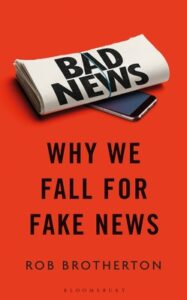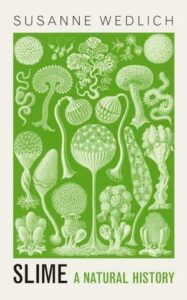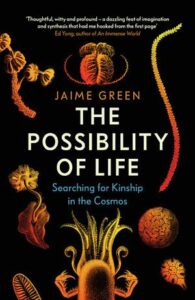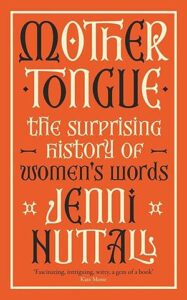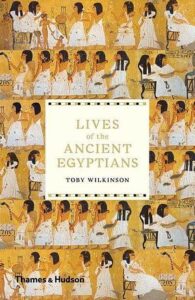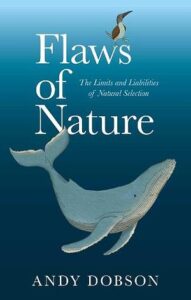
Fevered Planet
by John Vidal
Genres: Non-fiction, SciencePages: 352
Rating:

Synopsis:Covid-19, mpox, bird flu, SARS, HIV, AIDS, Ebola; we are living in the Age of Pandemics - one that we have created. As the climate crisis reaches a fever pitch and ecological destruction continues unabated, we are just beginning to reckon with the effects of environmental collapse on our global health.
Fevered Planet exposes how the way we farm, what we eat, the places we travel to and the scientific experiments we conduct create the perfect conditions for deadly new diseases to emerge and spread faster and further than ever. Drawing on the latest scientific research and decades of reporting from more than 100 countries, former Guardian environment editor John Vidal takes us into deep, disappearing forests in Gabon and the Congo, valleys scorched by wildfire near Lake Tahoe and our densest, polluted cities to show how closely human, animal and plant diseases are now intertwined with planetary destruction.
From fossil fuel use raising the global temperature to increased logging polluting our landscapes, Fevered Planet exposes the perils of reckless environmental destruction - not just to our planet but to ourselves. As Vidal expertly argues, unless we transform our relationship with the rest of the natural world, the pandemics we are facing today will just be the tip of the iceberg.
If you’ve read books like David Quammen’s Spillover (the book which once nudged me toward my current studies!) then the premise of Fevered Planet comes as no surprise: habitat destruction through human agency is driving animals into closer contact with humans, leading to more and more spillover events of zoonotic diseases.
The details are a little more nuanced: there’s more emphasis here than I remember from Spillover on climate change as a causative issue here, which only makes sense because of the expansion of viable territory for mosquitos, the way temperatures favour the reproductive cycle of some pathogens, the way that habitat destruction/change leads to movement of animals… And Vidal points the finger less at wet markets, claiming that there was never any real evidence that COVID-19 originated from one — in fact, if anything, Vidal gives quite a bit of credence to the idea of SARS-CoV-2 being a manufactured disease that slipped loose from a lab.
Now and then, Vidal does slip and write something abjectly silly, like claiming that Ebola and Marburg “cells” are going to be mixed into smallpox viruses. That’s not possible because Ebola and Marburg “cells” simply don’t exist: it’s an impossibility, because they are viruses, obligately intracellular rather than possessing any cell body of their own. Perhaps he meant genes, or specific virulence factors of some other type, but what he wrote is an absurdity. It shows that either he doesn’t understand the science or he isn’t paying attention to detail — and either makes me question his ability to present other concepts accurately (and whether anyone properly proofread the whole book).
For the most part, it’s well-written, and what he writes accords with what I know and with what the sources I checked seem to suggest. Nonetheless, handle with care, and check any source you’re planning to quote or otherwise make use of to ensure that his presentation of the facts is correct.

